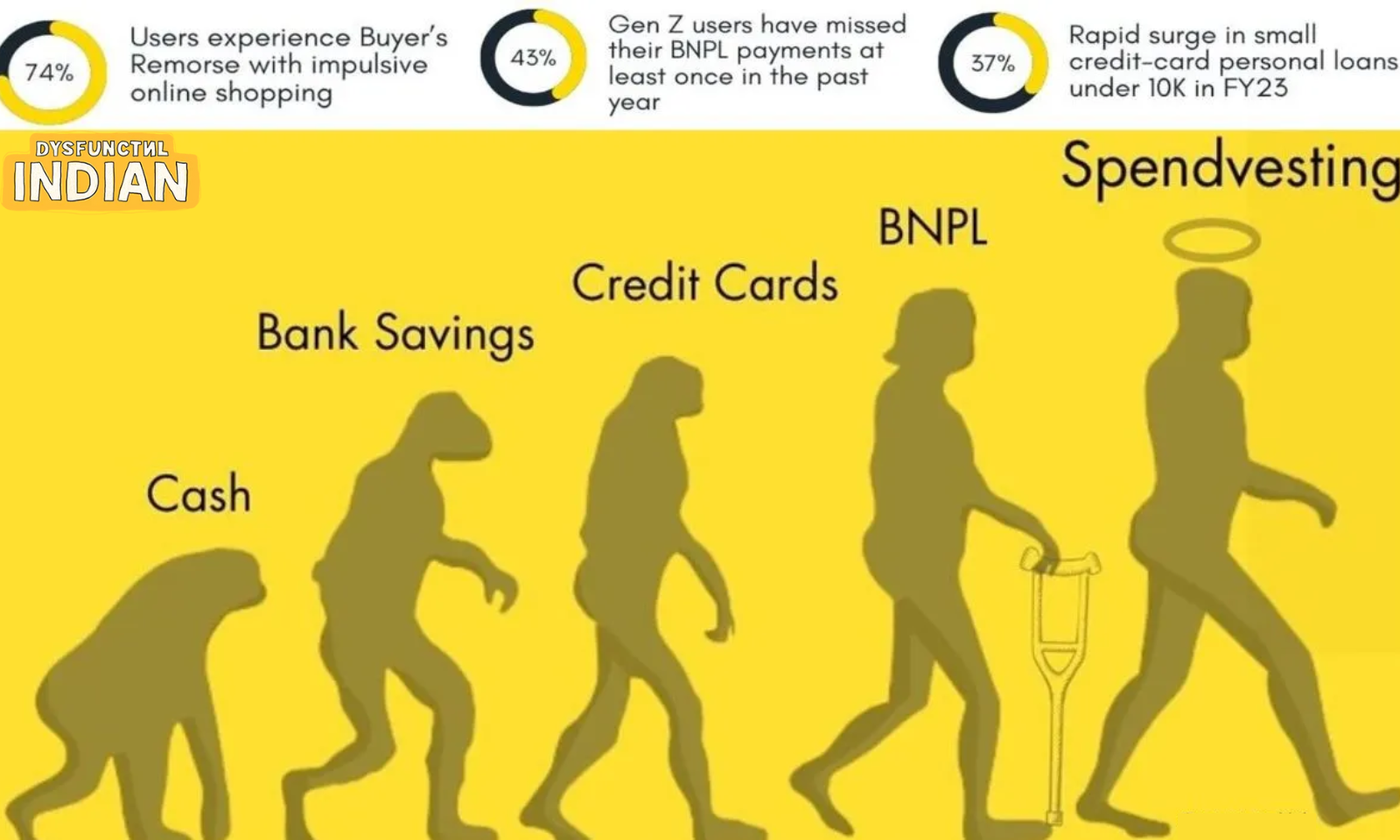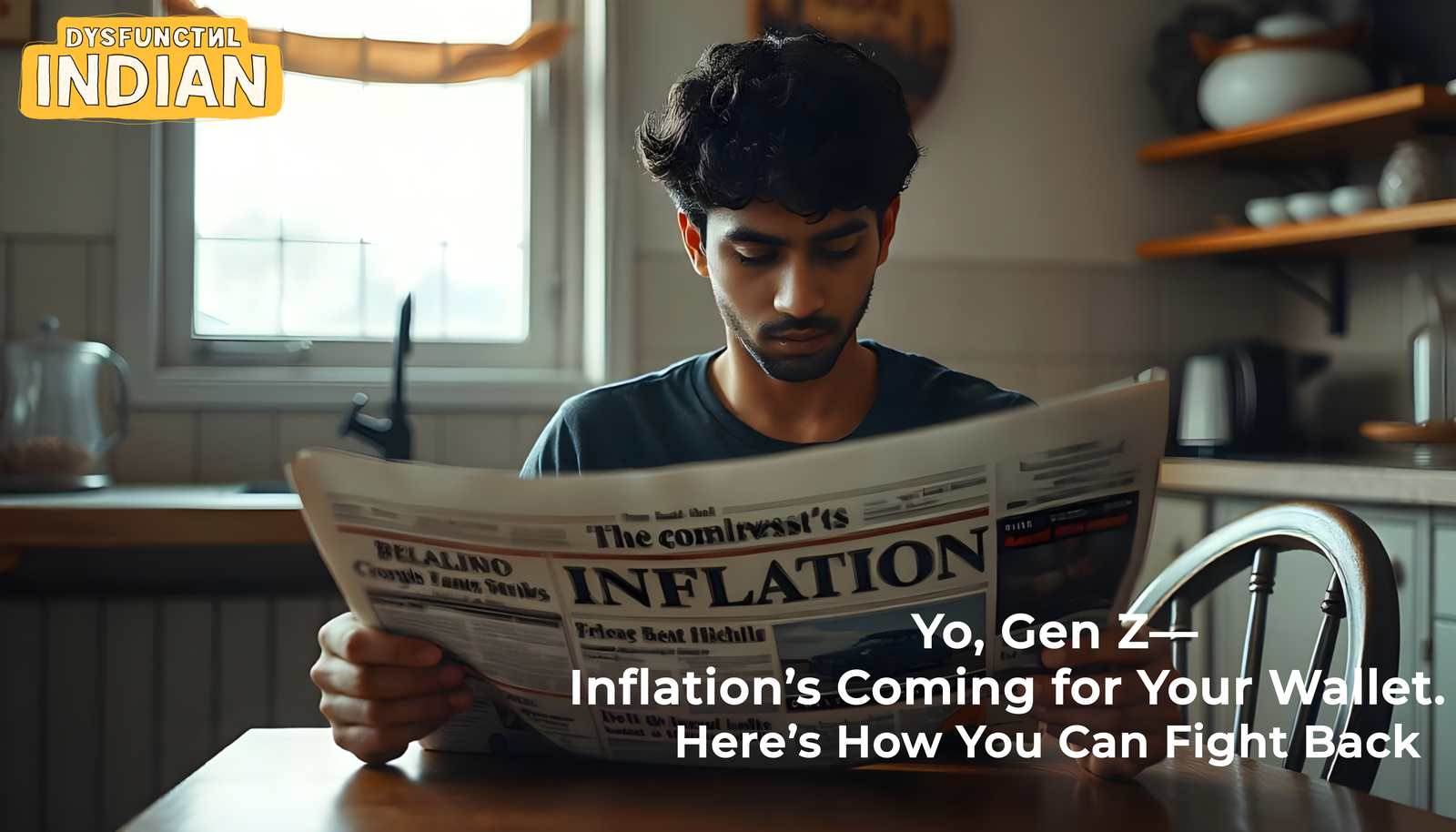Pakistan Election 2024 Highlights
Posted by admin on 2024-02-12 |
Last week, Pakistan held its anticipated election.
Imran Khan, the former cricket star, found himself incarcerated, while his
party was prohibited from participating under its own banner or utilizing its
iconic cricket bat symbol. Analysts speculated that the influential military
tacitly supported the return of three-time former premier Nawaz Sharif or any
alternative candidate besides Khan. The outcome, however, took a surprising
turn as independents aligned with Khan emerged victorious, securing the highest
number of seats. This unexpected result was celebrated by leaders of Khan's
party as a significant win for democracy, reflecting the populace's demand for
representation.
Despite candidates affiliated with Khan's Pakistan
Tehreek-e-Insaf party clinching the most seats, their ability to form a
government is uncertain due to lacking a simple majority. The potential
consolidation of the two other major parties could overshadow PTI's prospects,
prompting concerns among Khan's supporters regarding undue interference.
Although some took to the streets in protest, their numbers remained limited,
deterred by a heavy police presence.
Independents, predominantly loyal to Imran Khan,
secured 101 out of 265 contested lower-house seats. Sharif's Pakistan Muslim
League-Nawaz claimed 75 seats, while Bilawal Bhutto Zardari's Pakistan Peoples
Party garnered 54. None of the parties attained a simple majority of 133 seats,
a common occurrence since the end of military rule in 2006.
Sharif and Bhutto Zardari's parties engaged in
discussions about forming a coalition, a move speculated to be supported by the
military. However, an agreement has yet to be reached. Meanwhile, PTI has
raised concerns about alleged manipulation in the election results, advocating
for greater transparency in the vote count. While the US, European Union, and
UK expressed similar apprehensions, Pakistan's foreign ministry held a
differing viewpoint.
The most probable scenario entails
Sharif's party brokering a coalition with Bhutto Zardari's PPP, potentially
attracting other parties, including some aligned with Khan, to join. In such a
scenario, Sharif or his brother Shehbaz would likely ascend to the position of
prime minister once more. Analysts suggest a preference within the military for
Nawaz Sharif over Imran Khan in assuming power, although Khan's loyalists'
electoral success has defied expectations, showcasing a notable shift in the
political landscape.









